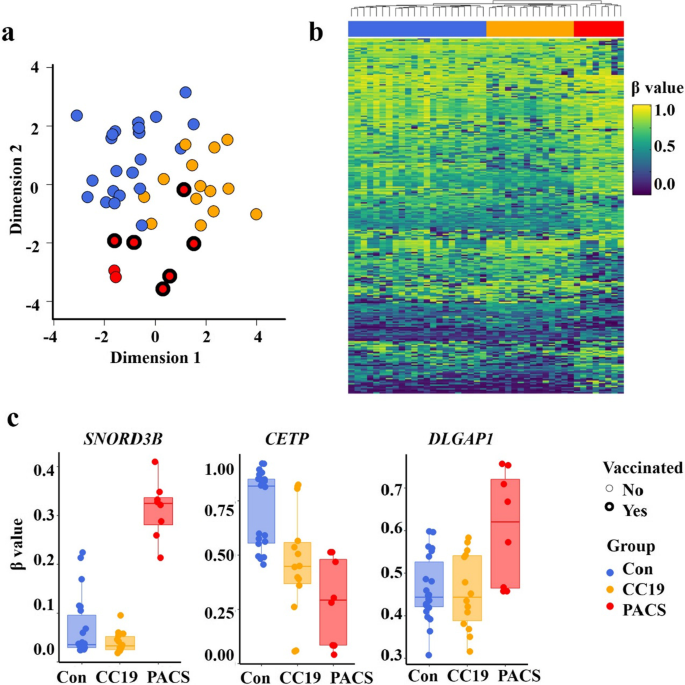2023-02-27 ラトガース大学
心血管疾患は、世界的に死亡原因のトップであり、75%以上が予防可能とされています。
研究者たちは、AIと機械学習を使用することで、心血管疾患の重要な影響を持つ遺伝子を特定することができ、診断や治療の改善につながると述べています。
今後は、心血管疾患の全遺伝子を分析することで、重要な生体マーカーやリスクファクターを特定することが必要だとしています。
<関連情報>
- https://www.rutgers.edu/news/rutgers-researchers-use-artificial-intelligence-predict-cardiovascular-disease
- https://www.sciencedirect.com/science/article/pii/S0888754323000289
心不全や心房細動などの心血管疾患に関連する遺伝子の調査や、機械学習技術を用いた疾患予測を行い、トランスレーショナルリサーチやプレシジョンメディシンを実現する Investigating genes associated with heart failure, atrial fibrillation, and other cardiovascular diseases, and predicting disease using machine learning techniques for translational research and precision medicine
Vignesh Venkat, Habiba Abdelhalim, William DeGroat, Saman Zeeshan, Zeeshan Ahmed
Genomics Available online: 20 February 2023
DOI:https://doi.org/10.1016/j.ygeno.2023.110584

Highlights
- •Cardiovascular disease (CVD) is the leading cause of death in the US and the globe. It is comprised of several complex and mostly heritable conditions, which range from myocardial infarction to congenital heart disease.
- •The rightful application of artificial intelligence (AI) and machine learning (ML) approaches will lead to the new insights into CVD for providing better personalized treatments with predictive analysis and deep phenotyping.
- •This study aimed to support clinicians in early diagnosis and prevention of CVD with the discovery of genetic biomarkers associated with CVD susceptibility and predict CVD with high accuracy.
Abstract
Cardiovascular disease (CVD) is the leading cause of mortality and loss of disability adjusted life years (DALYs) globally. CVDs like Heart Failure (HF) and Atrial Fibrillation (AF) are associated with physical effects on the heart muscles. As a result of the complex nature, progression, inherent genetic makeup, and heterogeneity of CVDs, personalized treatments are believed to be critical. Rightful application of artificial intelligence (AI) and machine learning (ML) approaches can lead to new insights into CVDs for providing better personalized treatments with predictive analysis and deep phenotyping. In this study we focused on implementing AI/ML techniques on RNA-seq driven gene-expression data to investigate genes associated with HF, AF, and other CVDs, and predict disease with high accuracy. The study involved generating RNA-seq data derived from the serum of consented CVD patients. Next, we processed the sequenced data using our RNA-seq pipeline and applied GVViZ for gene-disease data annotation and expression analysis. To achieve our research objectives, we developed a new Findable, Accessible, Intelligent, and Reproducible (FAIR) approach that includes a five-level biostatistical evaluation, primarily based on the Random Forest (RF) algorithm. During our AI/ML analysis, we have fitted, trained, and implemented our model to classify and distinguish high-risk CVD patients based on their age, gender, and race. With the successful execution of our model, we predicted the association of highly significant HF, AF, and other CVDs genes with demographic variables.


